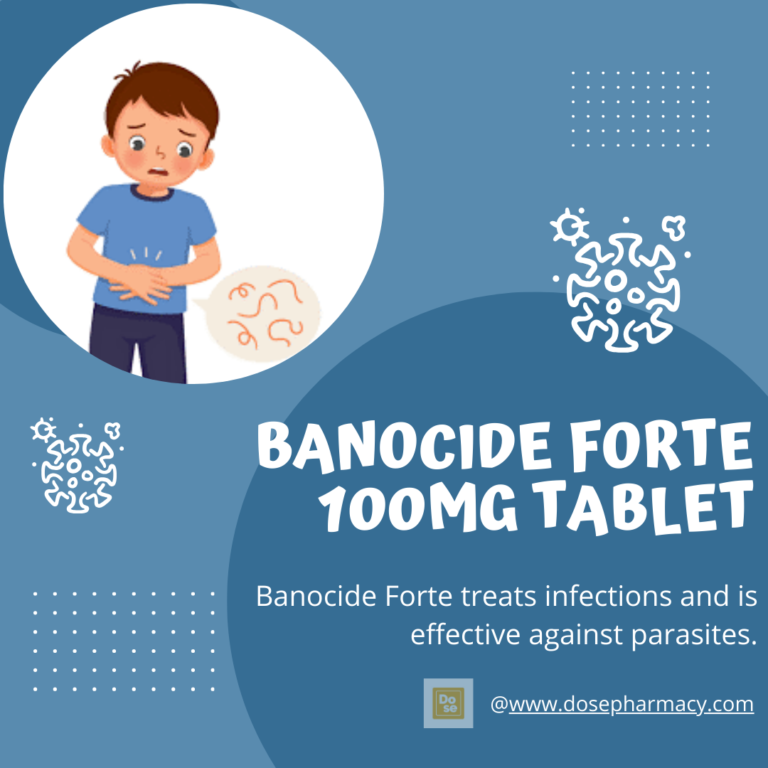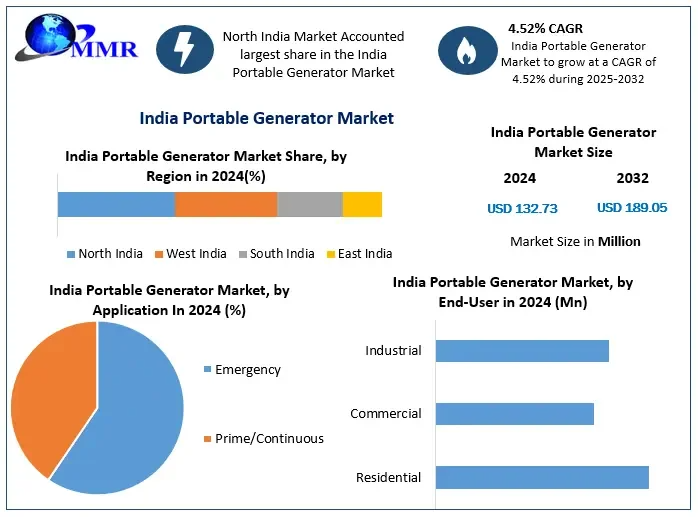In this blog, we’ll provide a realistic breakdown of what goes into the cost of building a sports betting app whether you’re a startup looking to enter the market or an established operator aiming to upgrade your tech stack. From the financial investment required in different regions to the cost differences between iOS and Android platforms, this guide covers it all in straightforward language.
The Growing Demand for Sports Betting Apps
The online sports betting industry has grown rapidly over the past few years. With the legalization of sports betting in more countries and the rise in mobile phone usage, more businesses are now looking to enter the iGaming market. A well-functioning mobile app is no longer a luxury, it’s a necessity.
Whether it’s for live betting, fantasy leagues, or traditional pre-match wagers, users now expect real-time updates, interactive features, and an easy-to-navigate interface. These expectations, in turn, influence the cost and scope of development.
Choosing the Right Development Partner
Before diving into the numbers, it’s important to emphasize the role your development partner plays in the total cost. For example, hiring the best sports betting app development company may come with a higher upfront cost, but it often results in a higher-quality product that can generate better long-term returns.
A strong development team will help you define your project scope, select the right tech stack, and ensure that all necessary licenses and security protocols are in place. They also help avoid costly mistakes down the line.
Factors That Affect Sports Betting App Development Cost
Understanding the cost of sports betting app development requires looking at the different components that make up the total budget. These include:
1. Platform Choice (iOS vs Android vs Web)
The platform you choose greatly affects cost:
- iOS development is often more expensive due to stricter App Store guidelines.
- Android has a broader user base in many countries, but app testing is more complex because of the large variety of devices.
- Web-based apps are a good starting point for businesses with limited budgets but may lack the mobile-first experience users expect.
Some businesses opt for cross-platform solutions like Flutter or React Native to cut down on costs.
2. Feature Set and Functionality
The more features your app includes, the higher the cost. Some common features are:
- User registration and KYC
- Live odds and match updates
- Betting slips and transaction history
- Payment gateway integration
- Push notifications
- Admin panel and analytics dashboard
Advanced features like live streaming, AI-based recommendations, and multi-language support will further add to the development budget.
3. User Interface (UI) and User Experience (UX) Design
A clean and intuitive interface isn’t just about looks it plays a key role in user retention. Design can account for 10–20% of the overall budget depending on the complexity of the app.
4. Backend Development and Database Infrastructure
The backend supports all the data processing and logic of the application. This part of the development is often the most expensive, as it involves real-time betting calculations, user data storage, and transaction handling.
Regional Cost Differences in 2025–2026
Development costs vary widely based on the location of your development team. Here’s a regional breakdown:
1. North America (USA, Canada)
- Hourly Rates: $100–$200
- Total Project Cost: $120,000 – $300,000
- Note: Offers high expertise but comes at a premium price.
2. Western Europe (UK, Germany, France)
- Hourly Rates: $80–$150
- Total Project Cost: $100,000 – $250,000
- Note: Strong regulation compliance and quality work.
3. Eastern Europe (Ukraine, Poland, Romania)
- Hourly Rates: $40–$70
- Total Project Cost: $60,000 – $150,000
- Note: Great balance between quality and cost.
4. Asia (India, Vietnam, Philippines)
- Hourly Rates: $25–$50
- Total Project Cost: $40,000 – $100,000
- Note: Budget-friendly and efficient, but requires close project management.
5. Latin America (Brazil, Argentina, Mexico)
- Hourly Rates: $30–$60
- Total Project Cost: $50,000 – $120,000
- Note: Emerging talent pool with reasonable pricing.
Legal and Regulatory Costs
Don’t forget licensing. Depending on your target region, obtaining a legal gambling license can range from $10,000 to $100,000+. Some markets, like the UK and Malta, are strict but well-structured. Others, like the US, vary by state and can be complex.
Compliance with data protection laws, age verification, anti-fraud measures, and responsible gambling tools is essential and will impact your budget.
Sports Betting Software Development: In-House vs Outsourcing
Choosing between in-house development and outsourcing can also affect your cost. Hiring a sports betting software development company usually means you get a full-service package developers, designers, testers, and project managers. It’s more cost-effective in the long run, especially if you lack a tech team.
If you choose to hire a sports betting software developer or freelancer, you might save money upfront but risk delays, miscommunication, or security vulnerabilities if not managed properly.
Custom vs White-Label Solutions
Many businesses also consider white-label solutions from an iGaming platform development company. These are pre-built platforms that can be quickly customized and launched. They cost less and are faster to deploy, but offer limited flexibility and scalability.
Custom development, while more expensive and time-consuming, allows full control over features, design, and long-term maintenance. If you’re aiming for a long-term brand with a unique identity, custom is the way to go.
Ongoing Maintenance and Updates
Development doesn’t end after the app launch. Post-launch support bug fixing, new features, regular updates, server maintenance usually costs 15–20% of the original development cost annually. A reliable iGaming software development team will offer scalable post-launch plans to help you grow.
Technology Stack: Impact on Cost
The technologies you choose also play a role in the total cost. Some popular tech stacks include:
- Frontend: React Native, Flutter, Swift, Kotlin
- Backend: Node.js, Python, Ruby on Rails
- Database: PostgreSQL, MongoDB, MySQL
- Cloud Services: AWS, Azure, Google Cloud
Complex tech stacks might increase your cost but offer better performance and scalability.
Final Thoughts
The cost of sports betting app development in 2025–2026 depends heavily on your goals, features, location of your team, and long-term vision. If you’re seeking flexibility, scalability, and future-ready design, investing in a reliable team or platform makes a big difference.
Whether you’re partnering with the best iGaming software provider or building your team from the ground up, careful planning is key. Take time to define your feature set, understand local regulations, and plan for future updates.
A strong sports betting app isn’t just a product, it’s a long-term asset for your brand in a growing and competitive market.




